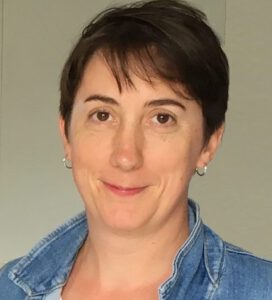Current members
Current members of the APARC Scientific Steering Group (SSG) are:
Co-Chairs
| Olaf Morgenstern (Germany): | German Weather Service (DWD) |
| Amanda Maycock (UK): | University of Leads |
| Karen Rosenlof (USA): | National Oceanic and Atmospheric Administration (NOAA); Earth Systems Research Laboratory (ESRL) |
Members (2023)
| Andrea Carril (ARG) | Center for Atmosphere and Ocean Research (CIMA/CONICET-UBA), Ciudad Universitaria |
| Wen Chen (CHN) | Institute of Atmospheric Physics, Chinese Academy of Science |
| Qiang Fu (USA) | University of Washington |
| Nili Harnik (ISR) | Tel Aviv University |
| Takeshi Horinouchi (JPN) | Hokkaido University |
| Martin Jucker (AUS) | University of New South Wales, Sydney |
| Nathaniel Livesey (USA) | NASA Jet Propulsion Laboratory |
| Jadwiga (Yaga) Richter (USA) | National Center for Atmospheric Research |
| Viktoria Sofieva (FIN) | Finnish Meteorological Institute |
| Sophie Szopa (FRA) | Laboratoire des Sciences du Climat et de l’Environnement |
| Wenshou Tian (CHN) | Lanzhou University |
| Marc von Hobe (GER) | Forschungszentrum Jülich |
Contact at WCRP Secretariat
Hindumathi Palanisamy (WCRP Scientific Officer)
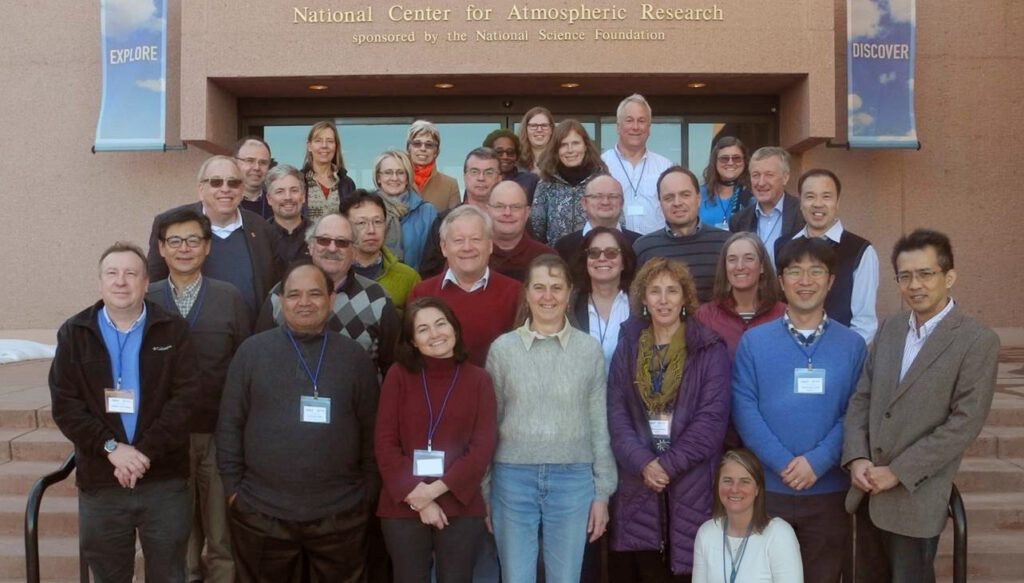
Past members
see overview of previous and present SSG members as of 03/2023 (PDF, 55 KB)
Biographies
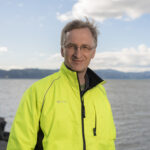
Olaf Morgenstern
Olaf is interested in all aspects of composition-climate interactions. He was a lead developer of the UK Chemistry and Aerosols (UKCA) chemistry-climate model from its inception in 2003. After moving to NIWA in 2008, he has widened his research to cover various aspects of climate, in particular attributing global- and regional scale climate change to anthropogenic and other drivers, and has published extensively on tropospheric composition and climate trends. He has led NIWA’s involvements in the Chemistry-Climate Modelling Initiative and the Aerosol and Chemistry Model Intercomparison Project (AerChemMIP). The latter has informed the 6th Assessment Report of IPCC which he is also a Lead Author of. He is Science Leader Earth System Modelling for the Deep South National Science Challenge, has led several projects for the Deep South NSC, and is presently co-leading the “Modelling Clouds and Aerosols” project.
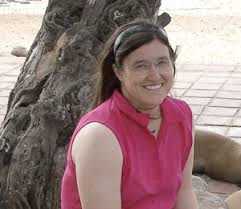 Karen Rosenlof
Karen Rosenlof
Karen is a Program leader and Senior Scientist for Climate and Climate Change at NOAA/ESRL. Her expertise is in interpretation of stratospheric constituent, aerosol, and temperature data. She is an author of 111 peer-reviewed journal publications. She co-chairs the SPARCs upper troposphere and stratosphere Water Vapor Assessment (WAVAS-II), served as lead author in the first SPARC water vapor assessment and participated in SPARC ozone trends and temperature activities. She is co-author for WMO/UNEP Scientific Assessments of Ozone Depletion; a reviewer and contributing author for IPCC, and a lead author for a GRUAN Network Expansion report.
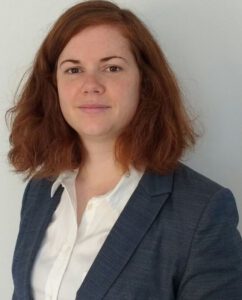 Amanda Maycock
Amanda Maycock
Amanda Maycock is Associate Professor and Director of the Institute for Climate and Atmospheric Science at the University of Leeds. Her research covers climate variability and change across timescales, atmosphere-ocean interaction, midlatitude dynamics, teleconnections, stratosphere-troposphere coupling and atmospheric composition. Amanda co-led the SPARC activity Atmospheric Temperature Changes and their Drivers. She served as Lead Author of the IPCC WGI Sixth Assessment Report and Co-ordinating Lead Author of the 2018 WMO/UNEP Scientific Assessment of Ozone Depletion and was a member of the US CLIVAR working group on tropical widening. She led the SPARC Task Team to develop the new SPARC Strategy 2022-26.
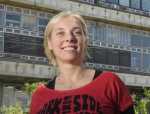 Andrea F. Carril
Andrea F. Carril
Andrea is deputy director of both, the “Center for Atmosphere and Ocean Research” (CIMA/CONICET-UBA), and the “Argentinian-French Institute for Climate Studies and its Impacts” (UMI-IFAECI, jointly sponsored by CONICET-UBA-CNRS-IRD). She is co-head of a research group on Mechanism of regional climate and its Impacts, has leaded and coordinated several international research lines and projects, and was a member of the team that developed the “3rd National Communication of Climate Change” and its climate database to support impact studies in Argentina. Her current work concentrates on understanding aspects of regional climate variability and change related with the soil-atmosphere interaction, as well as their ecological and socio-economic impacts.
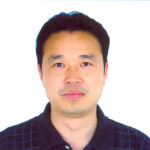 Wen Chen
Wen Chen
Wen obtained his PhD in the Institute of Atmospheric Physics (IAP), Chinese Academy of Sciences (CAS) in 1994. Currently he is director of the Center for Monsoon System Research at IAP/CAS. And he is also an adjunct professor at the University of the Chinese Academy of Sciences. His research interests include East Asia monsoon climate, atmospheric circulation and teleconnection patterns, stratosphere-troposphere dynamical coupling, and different types of El Niño and their effects on climate. He also served on several national review panels including the National Natural Science Foundation of China – CAS advisory panel that define future priorities in atmospheric science and climate change research.
 Nili Harnik
Nili Harnik
Nili is a Professor at the School of Geosciences, Tel Aviv University, Israel. Her reserach interests are: i) The large scale circulation of the troposphere: How the mutual interactions between the Hadley circulation, the zonal jet streams and mid latitude waves shapes the global circulation; How the different dynamical regimes affect the dominant wave modes, the characteristics of internal variability, and the distribution of extreme events. ii) The large scale circulation of the stratosphere: The interaction of planetary scale Rossby waves with the polar jets in the stratosphere, how it affects internal variability, and how the dynamics interacts with radiation and ozone; Waves and instabilities in geophysical flows: The fundamental processes which shape geophysical fluid flows, like shear flow instabilities, nonlinear equilibration of waves with the mean flow, interaction of waves and turbulence, jet formation and sharpening.
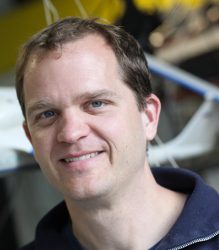
Marc von Hobe
Marc is a senior researcher at the Institute of Energy and Climate Research (IEK-7 – Stratosphere) at Forschungszentrum Jülich in Germany. He develops in-situ trace gas sensors and deploys them in the field mainly during airborne campaigns. His research interests include polar stratospheric ozone depletion, stratospheric aerosol, the sulfur cycle, and vertical transport in the Asian Monsoon. Marc co-leads the SPARC activity Stratospheric Sulfur and its Role in Climate and will work on the Outreach Advisory Panel.
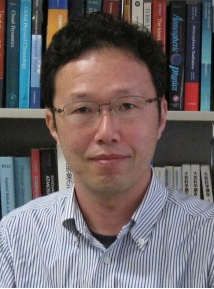 Takeshi Horinouchi
Takeshi Horinouchi
Takeshi is a professor at Hokkaido University, Japan. His carrier started in studying convective generation of waves propagating into the middle atmosphere and the quasi-biennial oscillation in the equatorial stratosphere. He now utilizes his expertise in atmospheric dynamics for variety of themes such as tropical cyclones, Venus’ atmosphere dynamics, mid-latitude meteorology and climate, and middle atmospheric dynamics. He is currently the chief editor of Journal of the Meteorological Society of Japan.
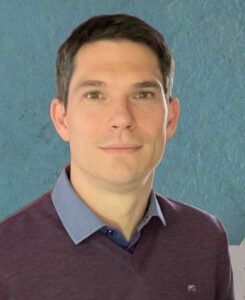 Martin Jucker
Martin Jucker
Martin is a lecturer in climate dynamics at the Climate Change Research Centre, University of New South Wales, Sydney. His main focus of research is atmospheric dynamics, and in particular stratosphere-troposphere coupling. Martin has worked with a hierarchy of climate models, from dry dynamical cores over idealized moist models to atmosphere-ocean coupled, cloud-resolving and chemistry climate models. He has worked on the dynamics of Sudden Stratospheric Warmings during his time at Princeton University, the seasonal cycle in tropical tropopause layer temperature at New York University, and on the diurnal cycle of tropical convection at the University of Melbourne. He is at UNSW since 2018, and is currently focusing on the large scale atmospheric dynamics of the southern hemisphere.
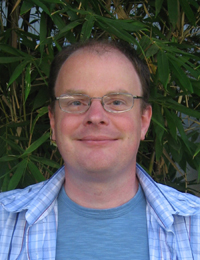 Nathaniel Livesey
Nathaniel Livesey
Nathaniel is currently the Principal Investigator for the Microwave Limb Sounder (MLS) instrument on the Earth Observing System Aura spacecraft, launched in 2004. His research interests are centered on microwave space based observations of the chemistry, hydrology and dynamics of Earth’s atmosphere. Most of his work has focused on the MLS experiments both on Aura and the earlier Upper Atmosphere Research Satellite (UARS) launched in 1991. Before becoming Aura MLS PI, he was responsible for the MLS ‘retrieval’ algorithms. These convert the raw observations of the microwave signature of the atmosphere into measurements of atmospheric composition, temperature, humidity, and cloud ice.
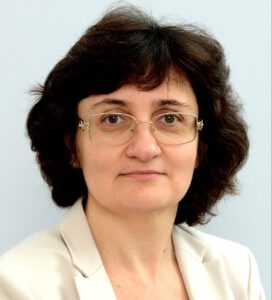 Viktoria Sofieva
Viktoria Sofieva
Viktoria is senior research scientist at Finnish Meteorological Institute. She has broad scientific interests and expertise: middle atmosphere chemical composition and dynamics, atmospheric remote sensing, gravity waves and turbulence, inverse problems, data merging and trend analyses. Her specific expertise is satellite measurements in limb-viewing geometry. Viktoria is actively involved in the ESA Climate Change Initiative and in several SPARC projects such as LOTUS, TUNER, and ATC. She participated in the recent WMO Ozone Assessments as a contributing author.
Sophie Szopa
Sophie Szopa is a senior scientist. She investigates the chemistry of the troposphere by numerical modeling. She aims at understanding the evolution of the tropospheric composition under the effect of emissions (anthropogenic and biogenic) of reactive compounds and their oxidation in the atmosphere. Her research covers intercontinental transport of pollution, chemistry-climate interactions in the 21st century), and the evolution of the oxidative capacity in the distant past. She was a drafting author of the Summary for Policymakers and a Coordinating Lead Author of the Chapter on Short-Lived Climate Forcers (SLCFs) in the framework of the 6th Assessment report from the Working group 1 of the IPCC (released in August 2021). This chapter aims to jointly discuss the effect of SLCFs on climate and global air pollution.
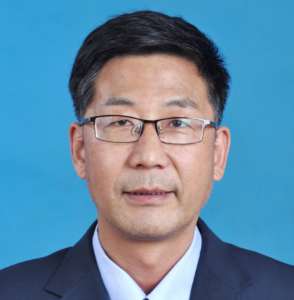
Wenshou Tian
Wenshou Tian is currently working at Lanzhou University as the head of College of Atmospheric Sciences. His main research interests are stratospheric chemistry and climate interactions as well as stratosphere-troposphere coupling. He was granted by National Natural Science Foundation of China (NSFC) for Distinguished Young Scholars in 2012. He is now the group leader of the key research area on the interactions between troposphere and middle atmosphere in China.

